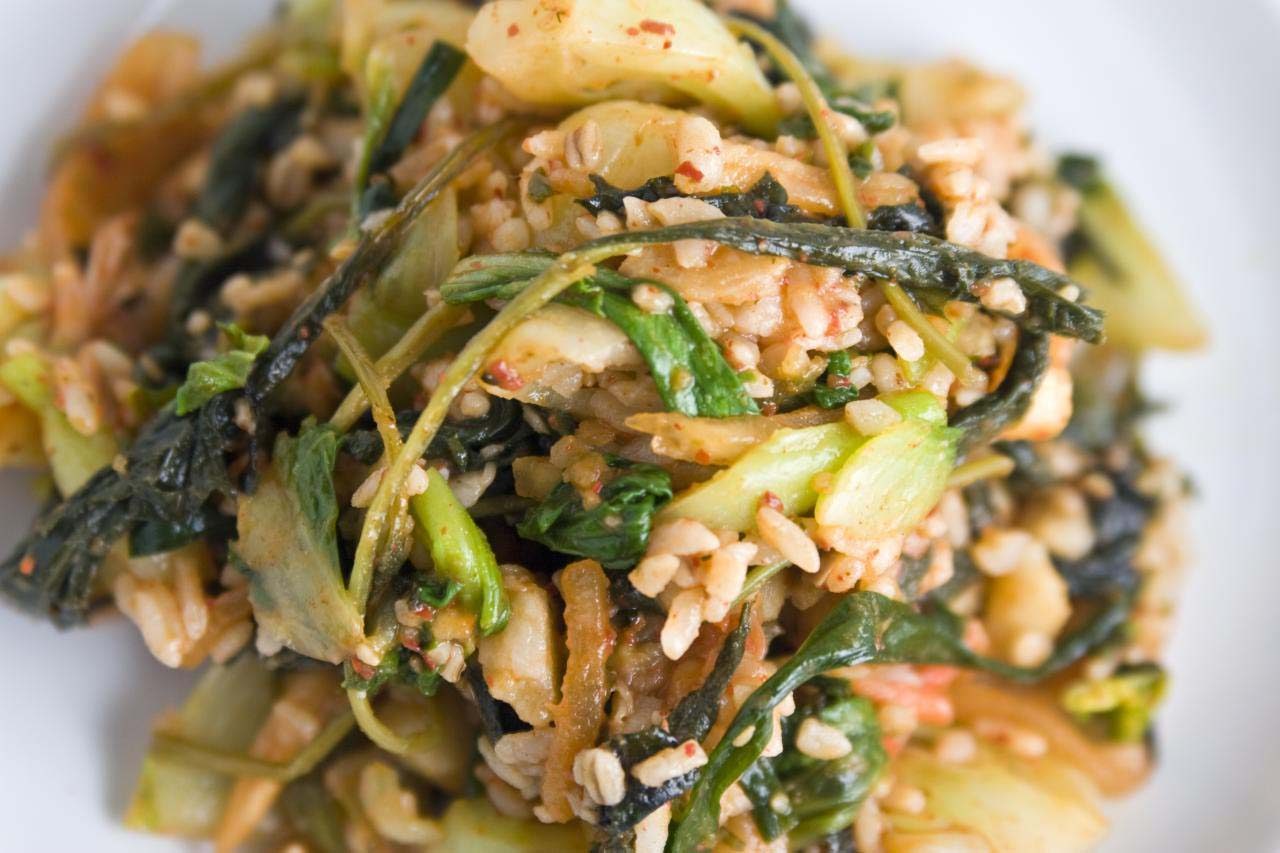
As the prevalence of food-related illnesses increases each summer in Qatar, Hamad Medical Corp. (HMC) is offering advice on staying healthy during this time period.
According to HMC officials, food poisoning is one of the most common cases the hospital sees during Qatar’s hot summer months. The illness is typically caused by the consumption of bacteria-infested food.
The main culprits include food that has not been kept cold enough, a lack of hygienic preparation and food that has been stored improperly or is undercooked. Although anyone is prone to the illness, there are certain groups of people who are more at risk.
In a statement, Dr. Galal Saleh Alessai, emergency physician and medical toxicologist at Hamad Hospital, said:
“Elderly people, children under 5 years of age, people with a serious illness or disease such as diabetes, pregnant women, people with a compromised immune system, people who are taking medication such as steroids, antibiotics or antihistamines, or those who travel frequently are at a greater risk of contracting the illness.”
The incubation period for those with the illness can be as quick as a few hours or as long as several weeks.
The most common symptoms are nausea, vomiting, diarrhea and headaches. Other symptoms can include abdominal pain, fever and chills, a loss of appetite and in severe cases, seizures, bloody stool and physical weakness.
Tips
To stay safe, HMC recommends the following:
- Maintain good grooming habits. In addition washing hands, make sure to cover or pull hair back while cooking; keep tables and counters clean and make sure the kitchen is pest-controlled.
- Serve (almost) immediately. It’s ideal to cook food that is consumed on the same day. Cooking in advance can result in incorrectly storing food, increasing the risk of illness.
- Avoid cross-contamination. When storing food in the refrigerator, be sure to keep cooked meals and raw items away from each other, i.e. put the former on the top shelf and the latter on the bottom shelf.
- Thaw with care. When defrosting frozen chicken in the sink, try to stick with cold running water, and make sure the temperature does not exceed 21C. Keep the frozen items in its original packaging to avoid contamination of the kitchen area, and preserve its nutritional content.
- Cool with ice. It’s ideal to store prepared food in the fridge quickly to lessen the time of room temperature exposure. To help cool down the food, consider cutting up the item into small pieces, sealing it into a container and submerging it into a basin of crushed ice or chilled water.

A national focus
This year, Qatar has been making a concerted effort to increase food safety.
In February, amendments were made to Qatar’s food law No. 8 of 1990, adding stricter punishments and more authoritative power to close law-breaking venues down.
Authorities have also been upping their efforts to catch restaurants and eateries that breach food safety regulations.
https://twitter.com/Baladiya1/status/499096477021384705
Since the amendment of the food law, the government has been visiting food venues unannounced and steadily closing down those that pose public health hazards.
And for the first time, the Ministry of Municipality and Urban Planning (MMUP) has begun naming and shaming those that have been closed for breaking the law.
However, for now, that list is only available on the MMUP’s website, in Arabic – though there has been talk of making the information more accessible to residents.
Thoughts?







